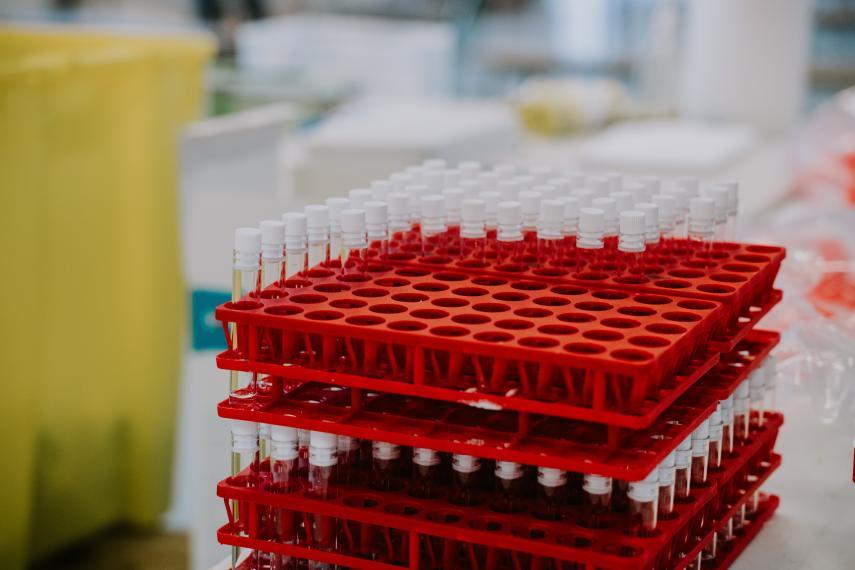Artificial Intelligence to be used for Rapid Bedside COVID-19 Testing

With the ongoing pandemic taking a toll on our routine, everyone at one point has asked this question- how to make the COVID-19 testing more efficient and faster?
Faster COVID-19 test results are the goals of a new automated diagnostic tool developed by the University of Guelph researchers. Opposed to current PCR (Polymerase Chain Reaction) that delays the amount of time required to get to the results, Dr Andrew Hamilton-Wright from the School of Computer Science and Dr Eranga Ukwatta from the School of Engineering teamed up to develop a highly effective, faster and automated approach to diagnosing COVID-19. The team also involved PhD student Jenit Manokaran and Research Assistant, Dr Fatemeh Zabihollahy.
The goal of this technology is the present an opportunity to enable rapid COVID-19 testing and diagnosis at the bedside. For the project, the team trained a computer system to differentiate COVID-19 infections from other common lung infections through chest X-ray machines. With the right information and images provided to the computers, the researchers were able to develop an algorithm that recognized various lung conditions. The technology has received 97 per cent accuracy using Artificial Intelligence which sends the instructions to the computers to complete the tasks that would normally require human intelligence.
The project was funded through U of G’s COVID-19 Research Development and Catalyst Fund and by the College of Engineering and Physical Sciences.
Read more about the research at U of G Researchers Use AI for Rapid Bedside COVID-19 Diagnosis.